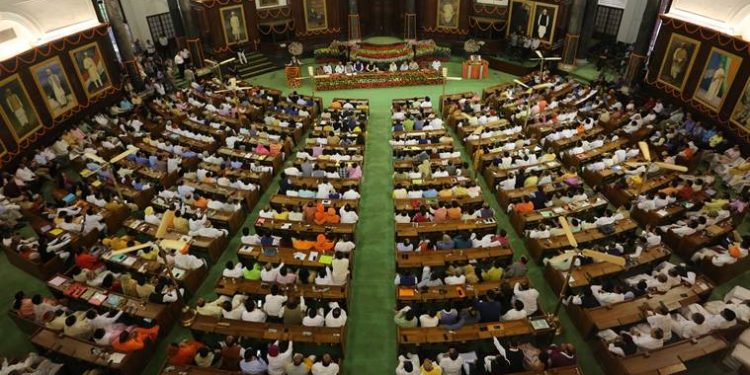THD NewsDesk, New Delhi: The Centre passed the Assisted Reproductive Technology Bill, 2020 in Lok Sabha on the first day of monsoon session of Parliament. This step was taken in the view of developing the fertility industry.
The Assisted Reproductive Technology (Regulation) Bill or ART Bill makes it necessary for all the fertility clinics and banks in India to manifest them with a national registering authority. It also demands to notify all procedures commenced annually.
“India has the highest growth in assisted reproductive technology centre. ART, including in vitro fertilisation, has given hope to a multitude of persons suffering from infertility but it has also introduced a plethora of legal, ethical and social issues.
India has, over the years, become one of the major centres of this global fertility industry with reproductive medical tourism becoming a significant activity. However, despite so much activity in India, there is yet no standardisation of protocols and reporting is still very inadequate,” said a source.
It has relegated an age limit for both men and women to avail the services provided from this Bill. The age for women to avail these services is above marriageable age but less than 50 years, and for men, it is less than 55 years. Health ministry sources said this move was taken considering numerous cases of aged women receiving these procedures, which is not expedient at an advanced age. Only married women can be an egg donor once in her life with a child of three years.
The Bill puts down the obligations of clinics and penalties for disdaining the rules. Any clinic or bank undertaking or promoting amenities of sex-selective assisted reproductive technology would be punished with the repudiation of registration and owners could face 5-10 years of confinement and a penalty of Rs. 10-25 lakh.
Any medical practitioner revelling in dealing with human embryos, swindling of surrogate mothers, and the engaging couple would be imprisoned for 8-12 years or a penalty of Rs. 10-20 lakh.
The Bill facilitates rigorous methods to be adopted by clinics and banks. It sets up national and state committees to assure that clinics adopt the regulations. After the enactment of the bill, all clinics and banks would have an obligation to enrol with national registration authority within sixty days.
























